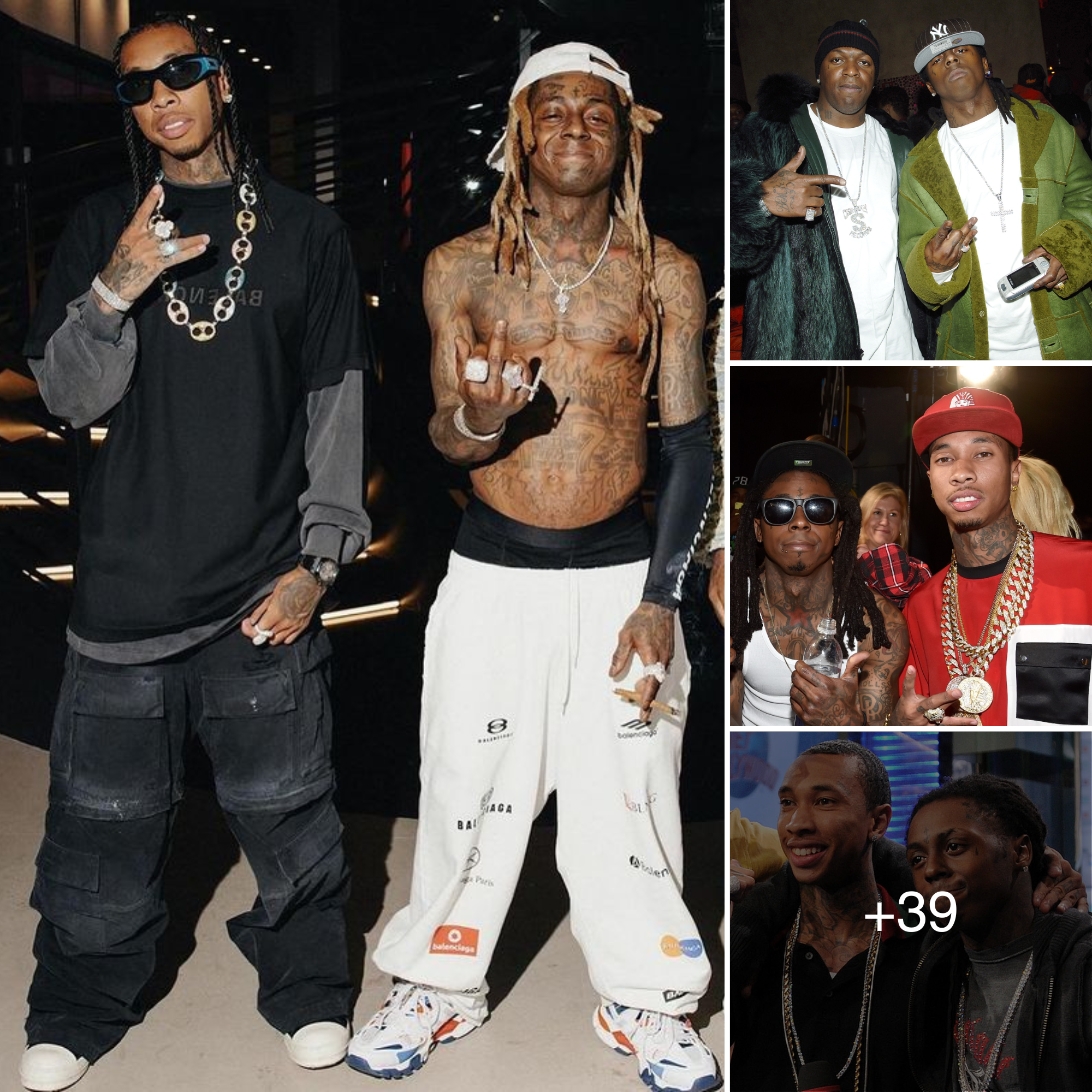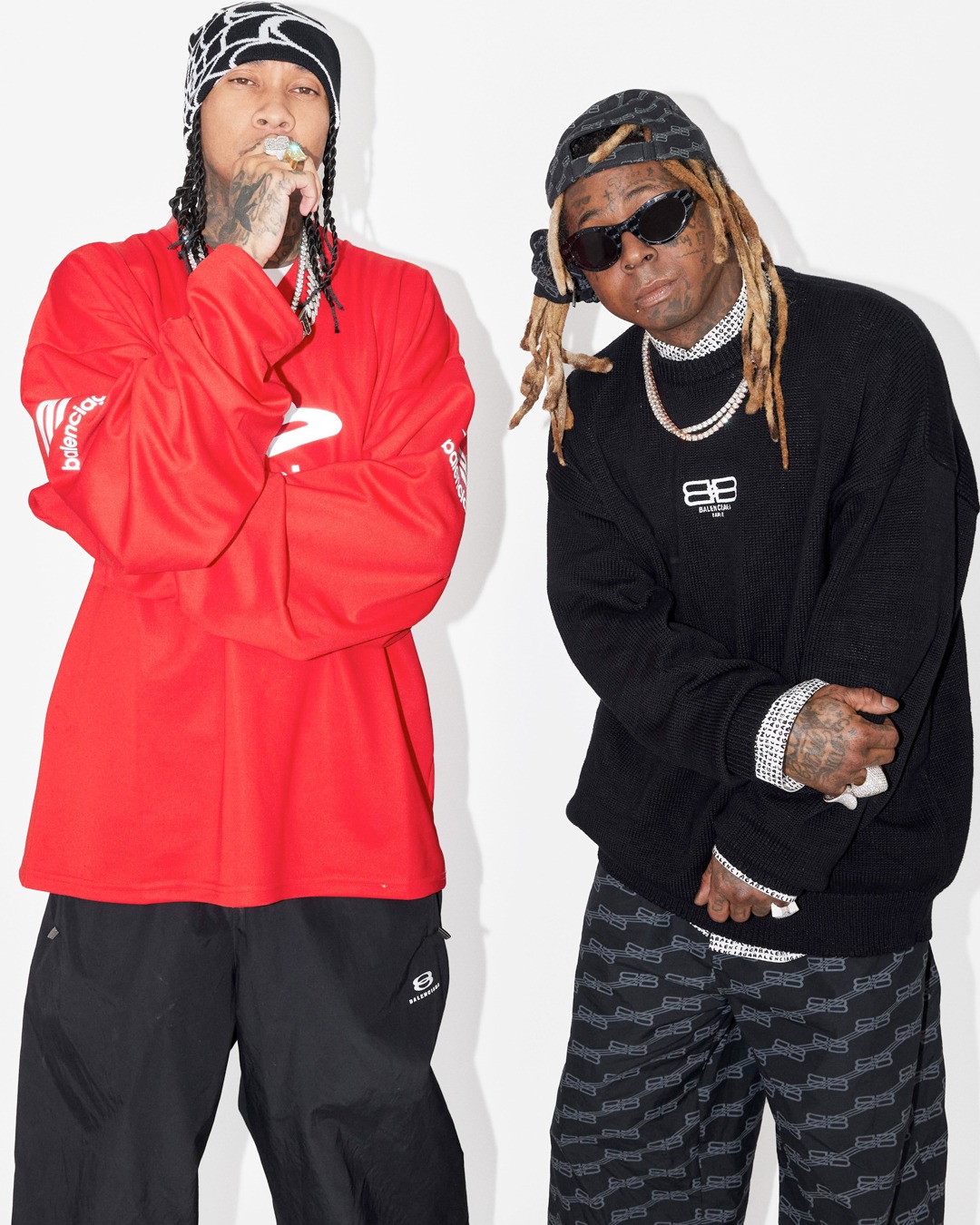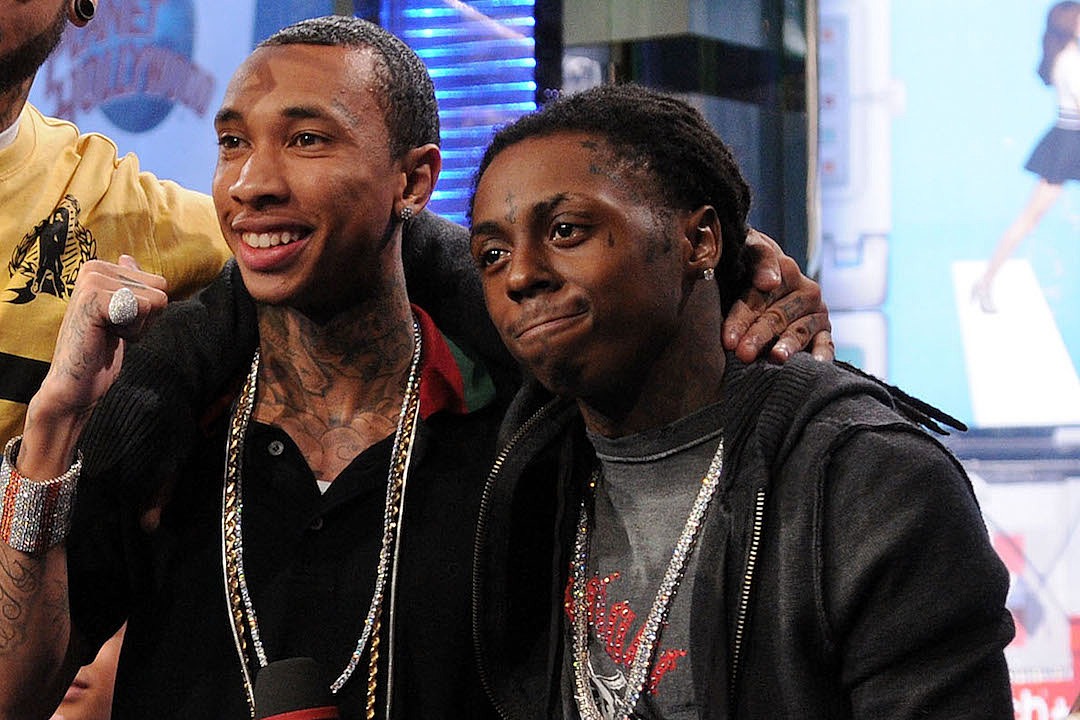Lil Wayne Didn’t Approve Of Tyga Leaving Young Money

In the dynamic and ever-evolving landscape of the music industry, the relationships between artists and their record labels often become intricate narratives that shape the trajectory of their careers. One such episode unfolded when Tyga, a prominent artist under the Young Money Entertainment banner, decided to part ways with the label. This essay explores the nuances of Lil Wayne’s disapproval in response to Tyga’s departure, shedding light on the complexities within the musical dynasty they were once part of.
Lil Wayne founded Young Money Entertainment in 2003 to serve as a breeding ground for new hip-hop artists. With a roster that boasted names like Drake, Nicki Minaj, and Tyga, the label became synonymous with chart-topping success. The collective vision was not merely about music; it was about nurturing artists, fostering creativity, and creating a musical empire that resonated across genres. Tyga, born Michael Ray Stevenson, found considerable success under the Young Money umbrella. His contributions, both as a solo artist and as part of collaborative efforts, propelled him into the mainstream. The synergy between Tyga and the label appeared harmonious, with his chart-topping hits and collaborations contributing to the overall success of Young Money.

However, as the music industry is no stranger to the ebb and flow of artist-label relationships, Tyga eventually decided to part ways with Young Money. The reasons behind this departure could be rooted in a multitude of factors, ranging from artistic differences to contractual obligations. Regardless, the decision did not sit well with Lil Wayne, who had been instrumental in Tyga’s rise within the label. Lil Wayne’s disapproval of Tyga’s departure echoed beyond the contractual realm; it resonated as a testament to the deep-rooted artistic and personal bonds that had been forged within Young Money. The departure of an artist symbolized not only a professional parting of ways but also a disruption in the collective narrative that the label had been building.
The complexities of artist-label relationships often involve a delicate balance between creative expression, business acumen, and personal dynamics. Lil Wayne’s disapproval could be seen as a protective instinct, stemming from a desire to maintain the cohesion and success of Young Money, which had become a musical dynasty in its own right.

As with any narrative in the music industry, the departure of an artist from a label serves as a reminder of the evolving nature of artistic ventures. Lil Wayne’s disapproval, while reflective of a particular moment in the Young Money saga, also underscores the inevitable shifts and transformations that characterize the journey of musical dynasties.
Lil Wayne’s disapproval serves as a discordant note in the symphony of their shared musical journey, marking the episode of Tyga’s departure from Young Money as a chapter in the grand tapestry of the music industry. As artists continue to navigate the complex intersections of creativity, business, and personal ties, these moments serve as poignant reminders of the intricate dynamics that shape the evolution of musical dynasties in an ever-changing industry.
